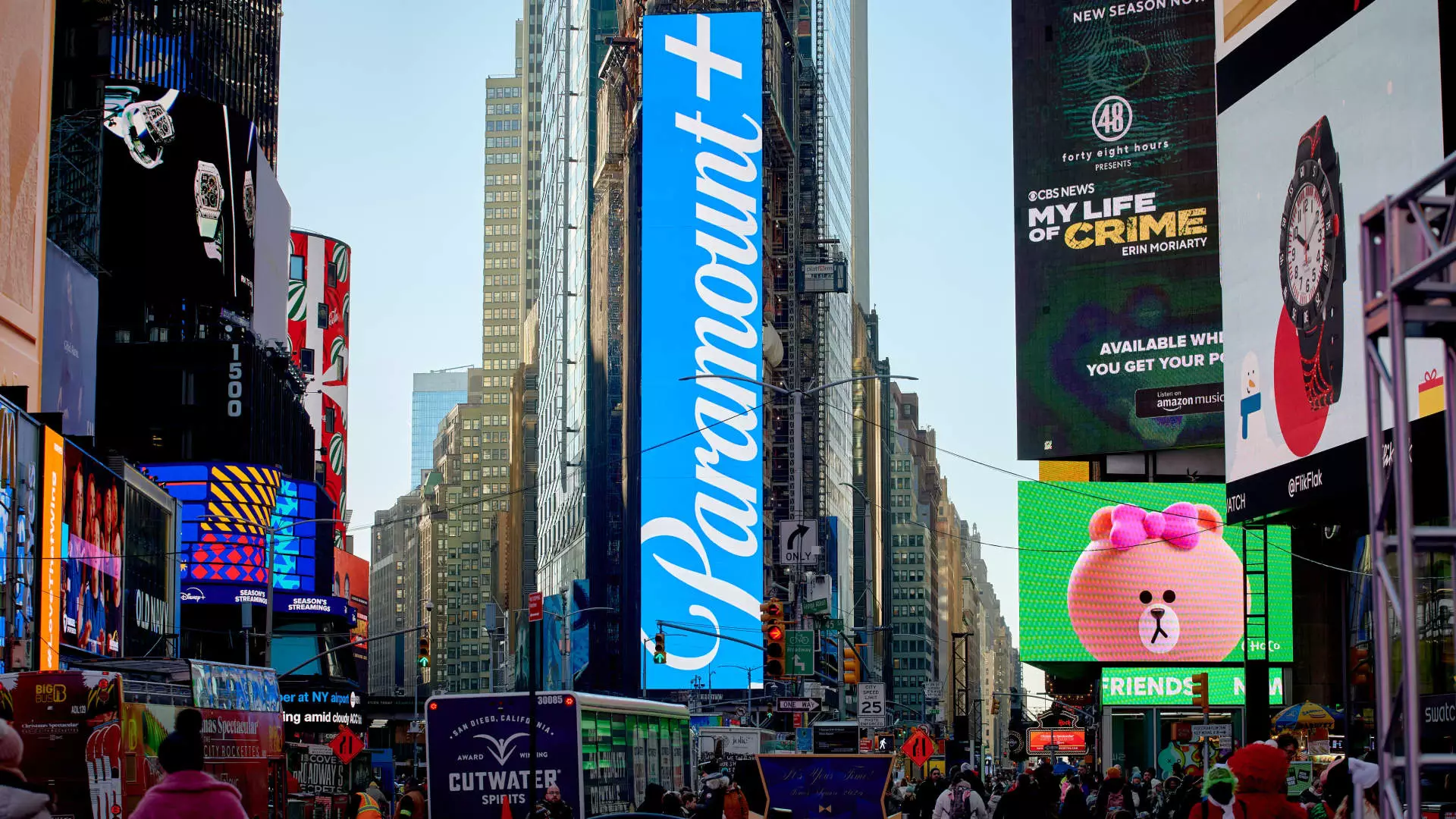In an era where corporate giants are vying for dominance over our cultural landscape, the recent ambitions of David Ellison strike a familiar chord. The push for a media conglomerate that monopolizes content rights, franchises, and sports broadcasting dilutes the diversity that once characterized storytelling. While profitability and market share are often lauded as signs of economic strength, behind the scenes, this relentless accumulation of media assets portends a stifling homogenization of culture. Instead of nurturing a pluralistic environment that champions varied voices, these juggernauts threaten to push minority narratives and lesser-known creatives to the margins, favoring blockbuster franchises and safe bets.
This consolidation is not merely about business strategy; it embodies a deeper cultural shift where entertainment becomes increasingly partisan and spectacle-driven. The merging of Paramount Skydance and Warner Bros. Discovery could create a virtual media monopoly, with control over icons like Harry Potter, DC superheroes, and blockbuster franchises like Lord of the Rings. Such concentration raises serious questions about access and diversity, as smaller studios and independent creators find it harder to break through a landscape dominated by a few corporate behemoths. This leaves audiences with fewer choices, and more importantly, fewer authentic stories reflecting the spectrum of human experience.
Economic Power as an Instrument of Cultural Homogenization
From an economic perspective, the race to acquire media assets is fueled by the lucrative nature of franchise content and sports rights, which promise massive revenues. However, this obsession with market dominance not only prioritizes profit over quality but also erodes the cultural richness that stems from competition and innovation. The gala of blockbuster franchises, streaming giants with hundreds of millions of subscribers, and sports leagues vying for viewers exemplify this trend, where content becomes a commodity rather than a vessel for societal reflection.
Ellison’s strategy exemplifies this dangerous pursuit: stacking up entertainment and sports rights to create an all-encompassing media empire. While on the surface, this may seem like an intelligent business move, it subtly undermines the cultural fabric. When a handful of corporations control the majority of storytelling, they dictate not just what stories are told but how they are told, emphasizing spectacle over substance and conformity over originality. This economic-driven approach risks diminishing the societal value of media—that is, its potential to challenge, educate, and foster empathy among diverse communities.
The Unrealized Potential of Diverse and Democratic Media
A deeply troubling consequence of this consolidation is the loss of democratic voice within the media sphere. In a healthy society, independent and diverse voices challenge hegemonic narratives, provide space for marginalized stories, and foster critical engagement. The looming mega-merger presents an ominous future where mainstream narratives are sanitized to appeal to hegemonic cultural norms, suppressing dissent or nuance.
Furthermore, the concentration of power in the hands of corporate interests disincentivizes innovative storytelling. As studios chase the safety of established franchises and high-stakes sports rights, there is little room left for experimental narratives or culturally specific stories that may not initially garner mass appeal but are vital for a vibrant cultural mosaic. The risk is a cultural dystopia where entertainment becomes sterile and monolithic, reflecting the interests of the few rather than the many.
In pushing for this level of control and dominance, we must critically examine whether our current trajectory promotes true cultural pluralism or merely reinforces corporate dictums. While the allure of monumental content libraries and sports broadcasting rights may seem appealing economically, it is a false promise if it compromises society’s broader cultural and democratic values. Reality suggests that without mindful regulation and a commitment to supporting independent voices, the future of media consolidation could be an echo chamber that ultimately impoverishes global cultural discourse.

